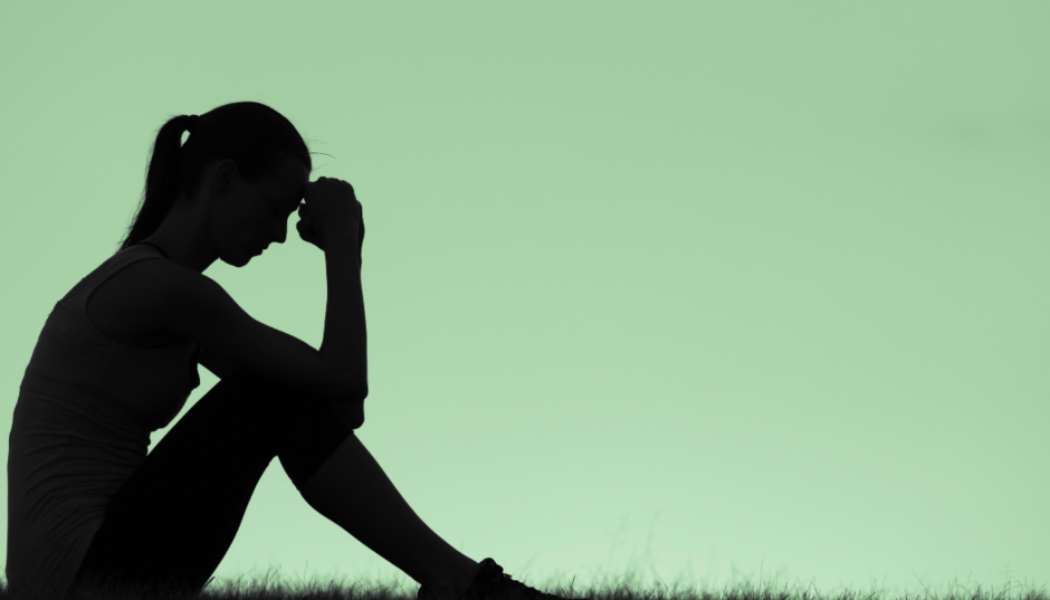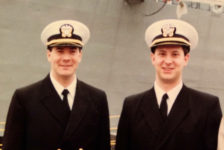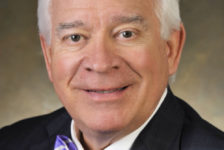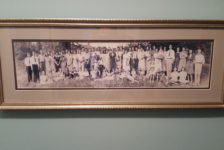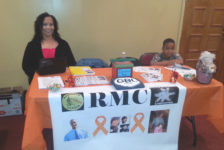I am sorry for your loss…
In 2009, my husband Chris went to the emergency room for suspected appendicitis. But the CT scan didn’t show appendicitis, it showed a massive tumor on his kidney. Nothing could have prepared me for hearing that my seemingly healthy 40-year-old husband had cancer. The diagnosis was earth-shattering.
Following a rushed surgery, the medical establishment proclaimed my husband “cured” and encouraged us to celebrate. Friends and family who sustained us in the initial weeks, disbanded, content that the crisis was over.
But Chris and I did not feel relieved. During the year following his diagnosis, we remained clouded by doubt and uncertainty. Cancer was a poltergeist living in our house, constantly disrupting any return to normalcy. To the people closest to us, our response seemed excessive and worrisome – and that made us feel even more isolated and alone.
It was many years after my husband’s diagnosis and eventual death from cancer, that I had a revelation. Reading books about grief and resilience, made me realize that our reaction to his initial diagnosis was not misguided – it was exactly what should have been expected.
Cancer was not some temporary inconvenience that had disrupted our weekend plans. The diagnosis irretrievably altered our lives. The “future” that we had envisioned for ourselves was wiped clear in that emergency room – leaving a blank void of uncertainty. What we experienced in those days after the diagnosis was grief. And we were right to grieve what had been lost.
When a loved one dies, grief is expected and acknowledged. It is customary to say, “I am sorry for your loss.” But when someone is diagnosed with a catastrophic illness, we would never consider saying, “I’m sorry for your loss.” Instead, we resort to toxically positive comments like, “You’ve got this!” and “Be strong.”
Society’s failure to acknowledge grief caused by cancer makes it harder for people to move forward and find the strength and resilience that they need. It drags out the process, as patients and caregivers question their normal reaction to trauma and loss.
Finding a new normal after a cancer diagnosis is possible. But before we can redraw, revise and reimagine a new and different future, we first must accept that the old normal is no more.
More than 1.6 million Americans will be diagnosed with cancer this year. 400,000 people in the world will face the same diagnosis that my husband faced, kidney cancer.
Experiences will vary, treatments and management will be different, and the outcomes will not all be the same. But the grief and uncertainty brought on by cancer will be felt by all.
To everyone who needs to hear these words today. I am sorry for your loss. You are not alone.
IF you or a loved one has been diagnosed with kidney cancer, connect with others through KCCure Kidney Cancer Patient Communities.

